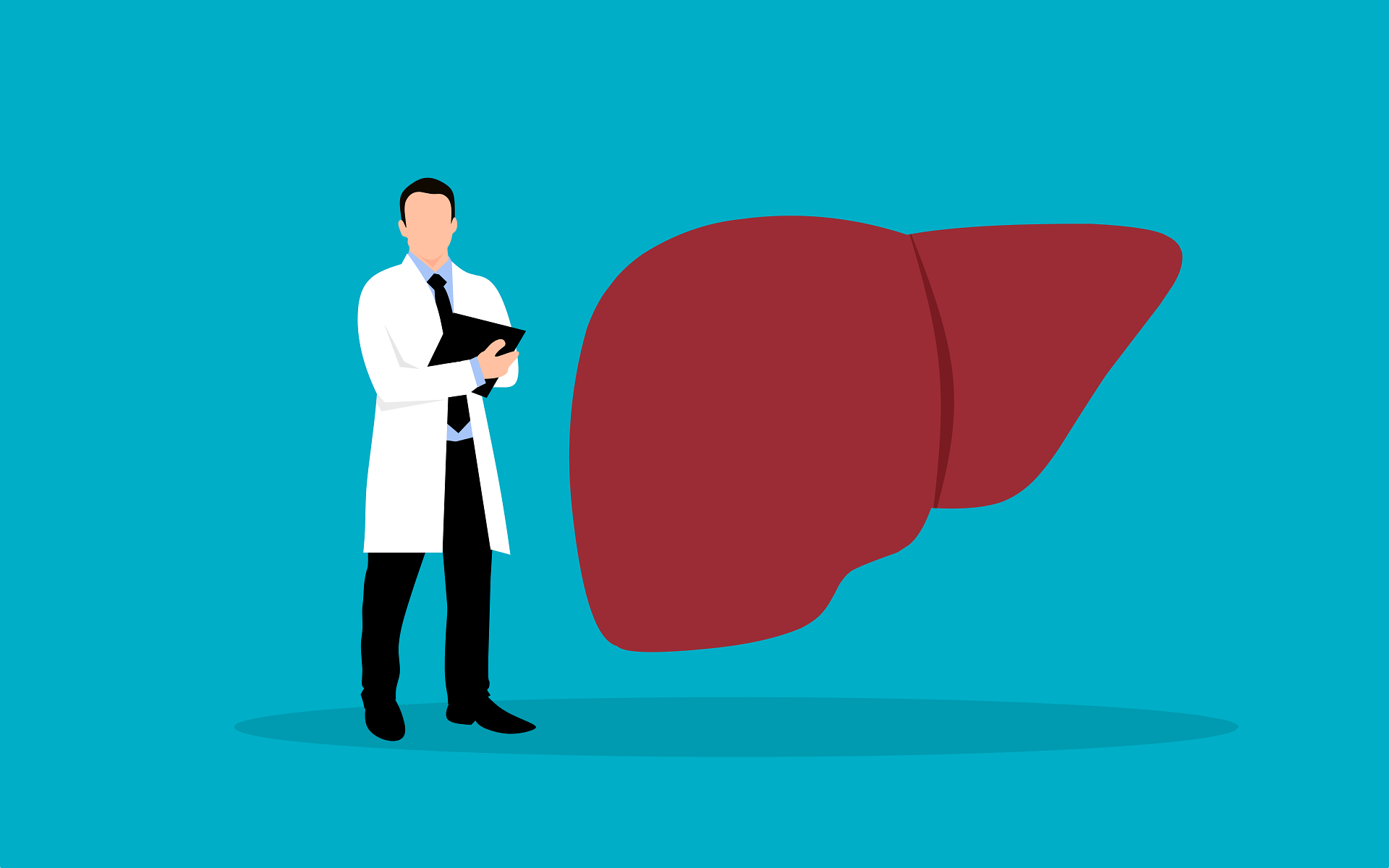News release
From:
New research from the Centenary Institute has found that switching off a specific protein in liver cells may help prevent the early development of liver cancer.
More than 3,000 people are diagnosed with liver cancer each year in Australia, with the disease accounting for 7.8 percent of all cancer-related deaths.
Led by Professor Mark Gorrell from the Centenary Institute’s Centre for Cancer Innovations, the study focused on a protein called dipeptidyl peptidase 9 (DPP9). This protein works inside cells to help regulate processes such as inflammation, metabolism and cell survival.
Using a specially designed mouse model that mimics liver disease, the researchers showed that turning off the DPP9 gene in liver cells led to improved blood sugar control, lower body and liver fat, and fewer liver tumours.
“DPP9 does a lot of work inside cells, but this study shows that when it's switched off in a damaged liver, the cells manage better and may be less prone to forming tumours,” said Professor Gorrell.
Centenary Institute PhD student and first author of the study, JiaLi Carrie Huang, said the study also uncovered changes in proteins involved in tumour suppression and autophagy, a natural cellular clean-up system that helps remove damaged cells.
“Removing DPP9 from liver cells seemed to trigger a stronger internal maintenance response, making the cells more resilient and less likely to turn cancerous,” she said.
Professor Gorrell said the insights could lead to new strategies for treating liver cancer, safely.
“Our findings suggest that DPP9 may play previously unknown roles in liver cancer. This research enhances previous work showing that targeting all four dipeptidyl peptidase (DPP) proteins, including DPP9, in the liver is a promising new approach to treat liver cancer,” he said.
The study was published in the prestigious journal Biochimica et Biophysica Acta – Molecular Basis of Disease.
Multimedia






 Australia; NSW
Australia; NSW



